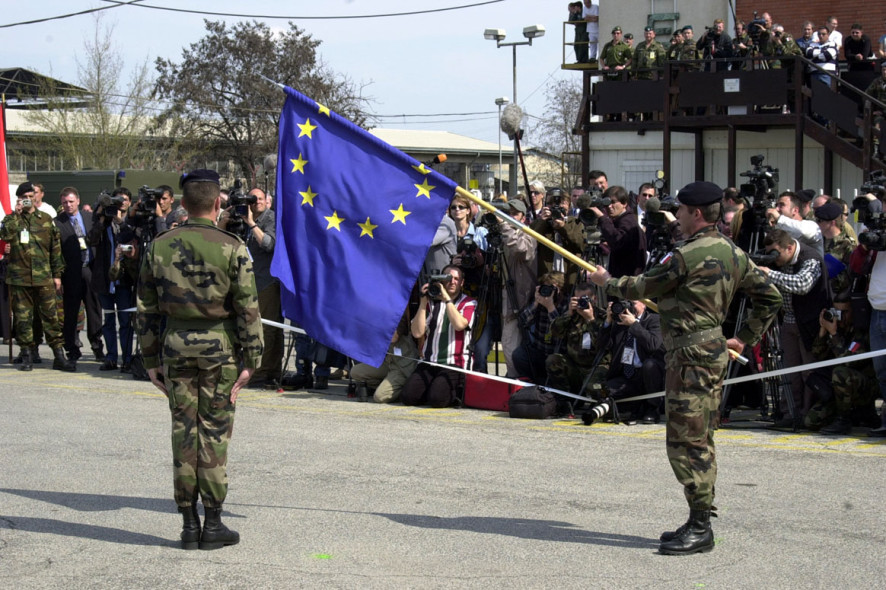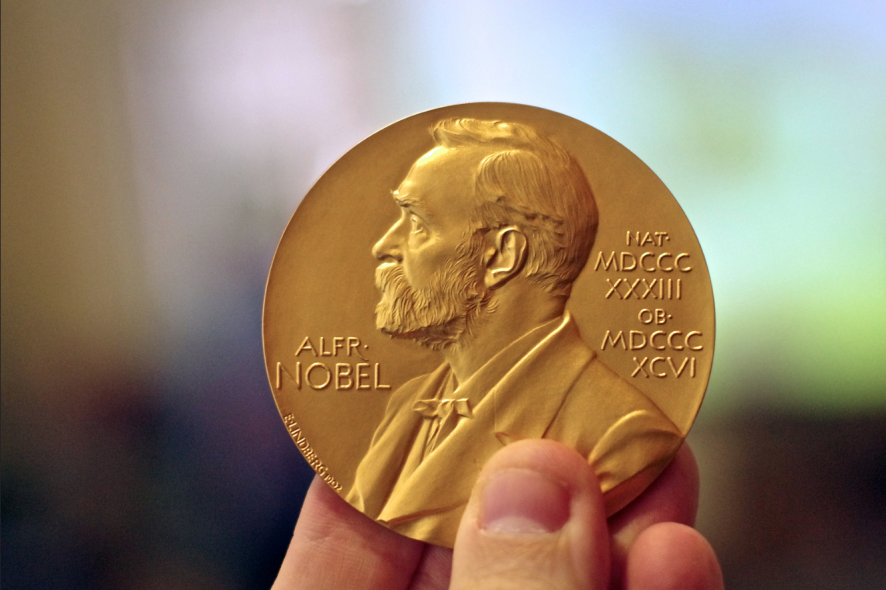by Jackson Webster
In the twentieth century, Europe and the West won modern history. The century’s three great struggles —the world wars and the Cold War— which spanned the globe were unprecedentedly bloody and destructive, but the fact that they were all fought between competing European ideologies says a great deal about the infectiousness of European thinking. Europe knows this, and today Europe is so content with the universality of its model of organisation that it assumes totality; its way of life must be appealing to all. This logic is flawed.
Today’s European order has many enemies, foes whose rejection of European ideological and political dominance are demonstrating increasing traction even in the European periphery. These enemies will not be resisted by ‘Good Governance’ initiatives and soft power diplomacy.
To the South, European ideals of liberal democracy have largely failed even after the Arab Spring’s initially promising uprisings. In the Levant and Mesopotamia, a civil war is being fought effecting all facets of Arab and Islamic civilisation. It is a clash between distinctly non-European interpretations of a non-European religion.
And to the East, a resurgent Russia has demonstrated open aggression against a European ally, and many major democracies in the wider international community have failed to denounce these annexations as illegitimate, not to mention the complete failure of institutional collective security mechanisms to come to the aid of Ukraine.
Threats to European international organisation are plentiful, and Europe must stop working only to spread its model of organisation to the rest of the world, and start securing that model of organisation on its home turf. Europe needs a credible defence.
Many prominent figures of European society, from Eurocrats in Bruxelles to Ed Miliband of the Labour Party in the United Kingdom, have argued that the solution lies in European states sacrificing their national military autonomy and forming a pan-European army. The argument goes that European states can only rival the conventional military capabilities of other major regional powers such as Russia and China by combining their collective defensive capacities. This assertion is both true and false.
European militaries field some of the most advanced equipment in the world. From France’s completely networked Leclerc tank corps, to Britain’s Typhoon air superiority fighter, to the thriving Belgian small arms industry, defence technology is alive and well in Europe. Why then, considering these capabilities, have European states had such a difficult time mounting even ‘in-theatre’ military operations near Europe such as Kosovo in 1999 and Libya in 2011?
The answer is logistics. European states do not have the munitions capacity nor do they have the airlift capability required for operations outside their own territory, even when these operations are clearly within Europe or its so-called ‘periphery’.
My arguments against a European army, like tidy exam essay, will come to you in three parts. Firstly, a European army would face the exact same internal divisions, lack of commitments, funding-aversions, nationalist oppositions, and other problems which are already fighting against the European Union itself. Secondly, Europe already has a tool for integrated defence and combined arms, and it’s called NATO. Thirdly, the solution to solving NATO’s capacity problems —the logistics issued mentioned before— lie outside the continent in Europe’s increasingly estranged ally: the United States.
The first issue, the nationalist opposition such a venture would face, not only encompasses the obvious aversion to integration states which have spent the better part of a thousand years fighting amongst each other will have, but also contradicts existing national policies of military service.
European states which rely on conscription (Switzerland, Finland, Austria, Denmark, etc.) would have no moral grounds for recruiting their youth to serve under European command, and even nations with volunteer armies would be reluctant to sacrifice sovereignty over the lives of their young soldiers. Furthermore, operations in Afghanistan have showed a massive gap in operational effectiveness between states which are willing to take operational risks —Britain, France, Denmark, the Dutch— and those which are debilitatingly casualty-adverse —Germany, Spain, Italy, the Nordics—.
The second and third arguments discussed can be addressed together, as they both relate to the North Atlantic Treaty Organisation. Formed following the Second World War to balance the Soviet threat, NATO was deemed irrelevant by many following the end of the Cold War. The alliance has defied its critics and survived because of a simple truth known well to a strand of political theory called Institutionalism: ‘sunk costs’. The logic is simple.
Institutions which states have spent a lot of money and time supporting are more readily adapted than replaced. These costs are called ‘sunk’ because they are the kinds of things which cannot be recovered, such as training civilian staff on specific issues relating to European collective defence or building a dedicated training facility outside Rome that the Italian Army alone would never have need for.
The more institutionalised an organisation is, the more likely it is to survive changes in the political climate. NATO has taken billions of dollars and over five decades to reach its current level of interoperability and institutionalisation. Taking all of this into account, centralising a European military under European Union command would take an immense amount of resources, the training of EU civilian staffers in security affairs, and would be a complete waste of such efforts as the structures for integrated command already exist in the form of NATO.
Additionally, as previously noted, European militaries have a logistics problem. How was this problem addressed in campaigns such as Libya and Mali? American and Canadian airlift. A European Union army would not benefit from such operational perks, and NATO already does, as both of these North American states are members.
Europe has defence issues. Those who say the continent is forever safe under the protection of European soft power ignore the army of threats —governments and non-state actors— which are aligned against Europe. Perhaps the solution to European defence lies in a stronger budgetary commitment to European militaries by national parliaments, thus convincing the Americans than Europe is serious about defence and hence channeling more of Washington’s attention and resources across the Atlantic. But this the choice of each individual European nation. France and Estonia have made it recently, but other national parliaments have not. Europe’s security questions can be tackled, but the answer does not lie in the European Union, rather in existing avenues for military cooperation.
Image by Rock Cohen.





